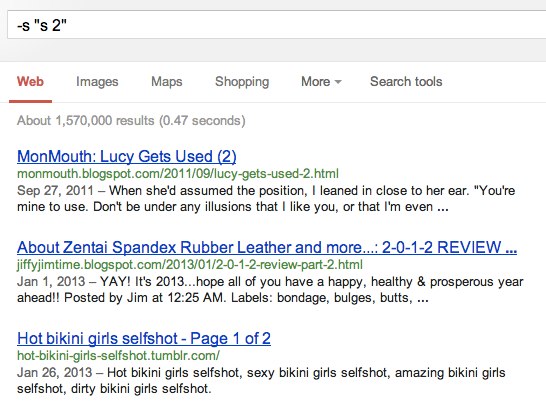Many years ago Google had a Q&A service where people paid for answers to questions that were able to be researched (properly) online and offline. It provided an income of sorts for 500 researchers, and overheads were low. Yet Google decided to kill it off. If they had left it running, by now there would be an incredible body of knowledge that they could enhance their search results with.
Now we have the newly launched Google Hangouts. You pay for help and advice that you receive over video.
The categories being offered initially include art and music, computers, cooking, education and careers, fashion and beauty, fitness and nutrition, health and home and garden.
The Helpouts range from free to $240 or more. Some examples include chemistry tutoring and homework, learning to play guitar, yoga instruction, French language lessons, fixing computer problems or refrigerator repair.
“With Helpouts, you can choose who you get help from based on their qualifications, their availability, their price, their ratings and reviews,” Manber said.
“You can connect instantly or book in advance. You can get help from individuals or from brands you already know and trust, like Sephora, One Medical, Weight Watchers, Redbeacon (a Home Depot company), and Rosetta Stone.”
Given Google’s track record of giving up on products, I hope nobody invests too heavily in this…

